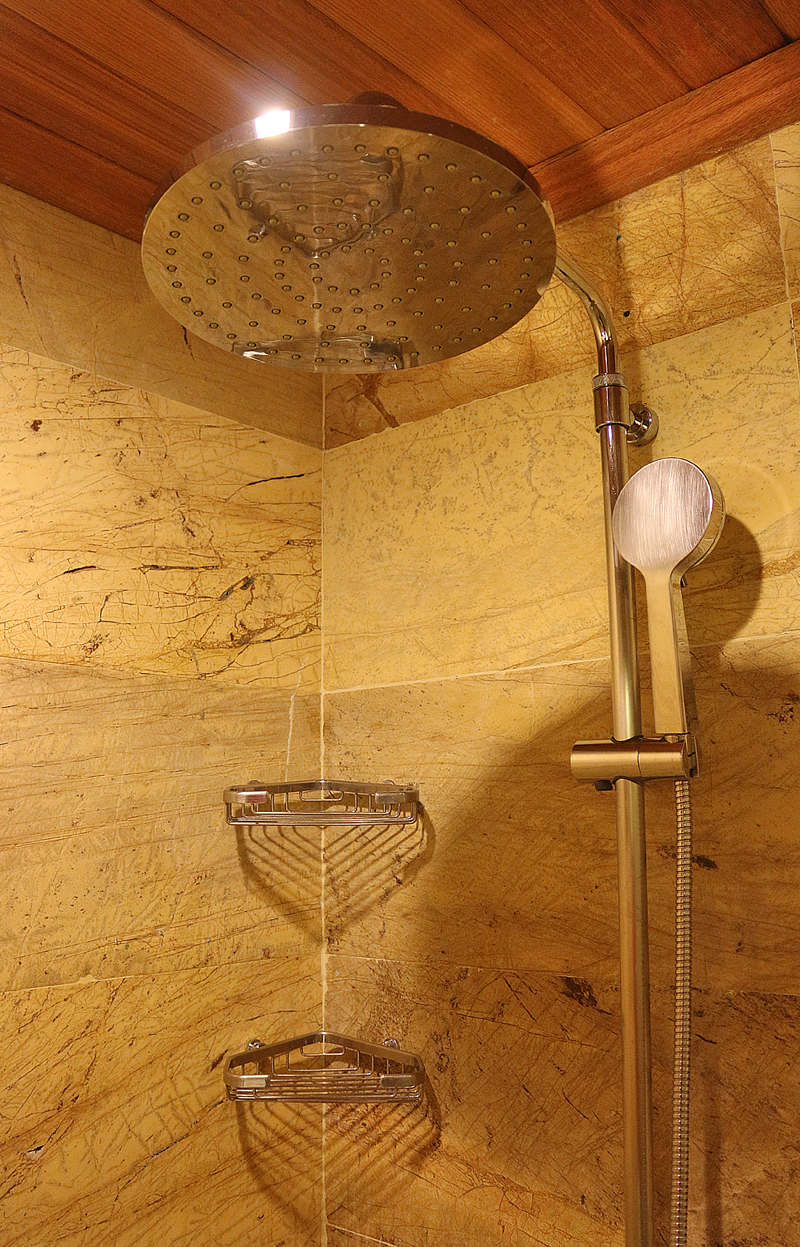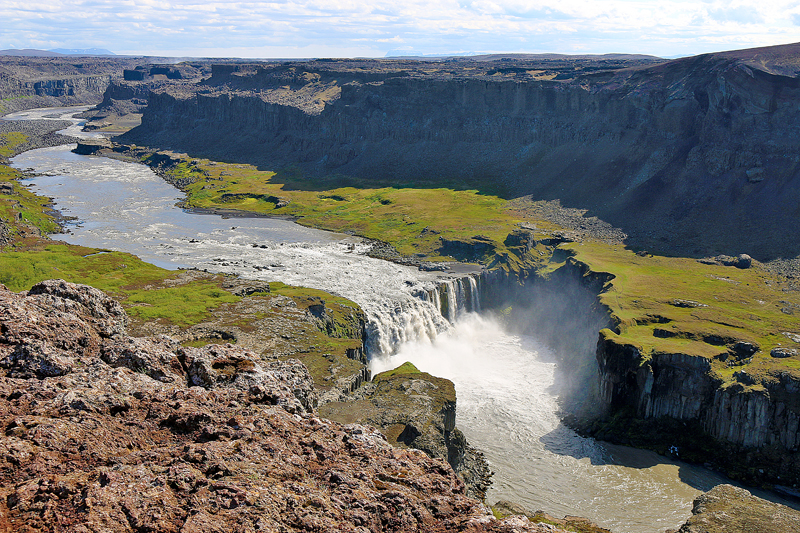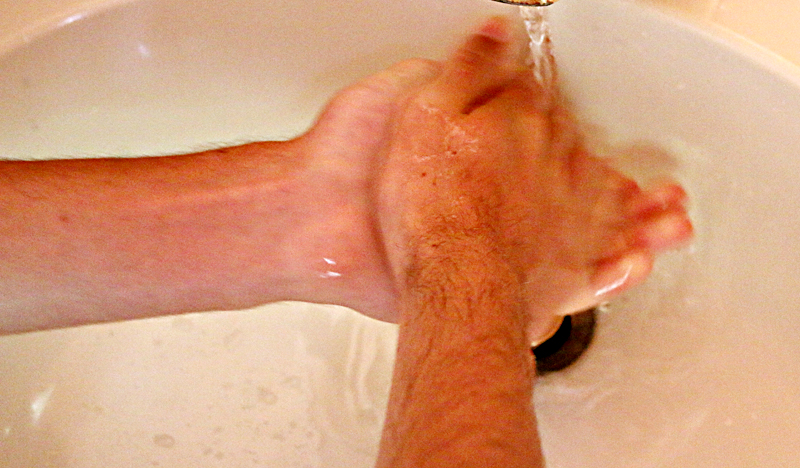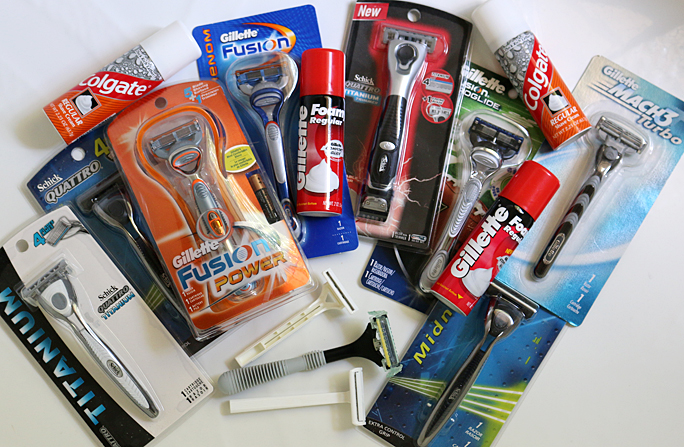“One of the most effective ways to slow down transmission is to wash or sanitize our hands. However, globally three billion people do not have access to even basic hand washing facilities at home. Lack of access to clean water affects vulnerability to disease and ill health. It is especially acute among those living in extreme poverty in rural areas, as well as in informal urban settlements.”
Earth Day 2020: 6 Ways to Conserve Water — Especially During a Pandemic

The paragraph which you just read was from this joint statement pertaining to water and climate change as the theme for this year from the United Nations for World Water Day on Sunday, March 22, 2020 and World Meteorological Day on Monday, March 23, 2020, as the current Novel Coronavirus pandemic has enshrouded the planet with uncertainty, fear, panic, and economic collapse in many sectors and industries.
Access to fresh water is something which many people around the world take for granted. For example, guests automatically expect hot water in the bathrooms of rooms at hotel and resort properties — so much so that the question was asked as to whether a guest who is in a room without hot water for a shower or bath should be compensated.

Even more superficial is that opulent luxuries are sought after for rooms at hotel and resort properties — including dual sinks with fancy fixtures, rain shower heads, and bidets…
…and yet, in “some parts of the world there is little or no awareness of good hygiene practices and their role in reducing the spread of disease”, according to this official Internet web site for World Water Day in relation to the current 2019 Novel Coronavirus pandemic. “However, it is often the case that even when people do have knowledge of good hygiene behaviour, they lack the soap, safe water and washing facilities they need to make positive changes to protect themselves and their community.”
As the current 2019 Novel Coronavirus pandemic is still the cause of tens of thousands of people to lose their lives worldwide, washing your hands properly on a regular basis is more important than ever in terms of slowing the spread of the virus — as well as lowering your chances of dying as a result of contracting the virus…
…but if people in certain areas around the world have neither access to clean water, soap, or proper washing facilities, they cannot do their part to slow down the spread of the 2019 Novel Coronavirus.
Available Clean Water is Necessary Everywhere

Even in areas of the world in which people are affluent and take basic necessities for granted, the availability of fresh water can potentially be a concern. For example, residents and business owners in Cape Town feared that the city would run out of fresh water by Saturday, April 21, 2018 — which was two years and one day ago — to the point that the situation became a dire emergency…
…and during the autumn of 2016, Haralson County — which is located within the state of Georgia at its western border with Alabama — suffered from drought conditions which were so extreme that officials had no choice but to declare a state of emergency. Residents could no longer run their sprinklers and water their lawns; car washing facilities had closed until further notice; fire trucks were equipped with tankers instead of connecting to hydrants; beaver dams and debris had been removed and cleared from the Tallapoosa River — which was greater than six feet below normal levels — in order to improve water flow; and guests in hotel properties were forced to conserve water. A total outdoor water ban was ultimately declared in the county; and water was purchased from Alabama and from neighboring counties, as the Tallapoosa River is the main source of water for the almost 30,000 residents of Haralson County. A hot summer and no rain left the water level at its lowest level in close to 100 years.
That almost every state in Australia experienced the worst fire season in decades during the hottest and driest year on record is another testament to the importance of water. Back in January of 2020, record heat and 147 wildfires burned in the state of New South Wales alone. As of March of 2020, approximately 46 million acres of land had been burnt; at least 34 people lost their lives; a minimum of 2,779 homes of almost 6,000 buildings had been destroyed; and as many as one billion animals may have already succumbed to the wildfires with some species feared to have been driven to extinction — and those are only two of the many statistics which fail to paint a remotely accurate picture of the devastation that country experienced.
Other areas around the world suffered from devastating wildfires in recent years — which highlights the importance of having water available — including but not limited to:
- Travel Update October 2019: Kincade Fire and Getty Fire in California
- Travel Alert October 2019: Getty Fire Affects Southern California
- Travel Alert October 2019: Kincade Fire Affects Northern California
- Travel Alert October 2019: More Airlines Issue Travel Waivers for Saddleridge Fire in Southern California
- Travel Alert October 2019: Saddleridge Fire Affects Southern California
- Breaking News: Fire Erupts at Notre-Dame in Paris; Spire Collapses; Live Stream
- Update: California Wildfire Travel Waivers Extended 2018; Hotels Offering Accommodation to Displaced Residents
- California Wildfires 2018 Update: More Travel Waivers; and Why You Should NOT Feel Guilty Snagging a Travel Deal Now
- Travel Alert November 2018: California Wildfires
- Travel Alert August 2018: Medford Wildfire
- Travel Alert July 2018: Athens Wildfires
- Travel Alert July 2018: Colorado Wildfires
- Travel Alert December 2017: Southern California Wildfires
- Travel Alerts Expanded For Deadliest Wildfires in California History
- Travel Alerts Expanded For Wildfires in Northern California 2017
- Travel Alert: Hilton Hotel Burns Down; Waivers Issued by Airlines Due to Wildfires; Boeing 747 Used to Drop Fire Retardant
- Must-Watch Video: WestJet Honors Residents of Fire-Ravaged Fort MacMurray For Christmas
- Wildfires Force Gatlinburg to Evacuate and Great Smoky Mountains National Park to Close
- Atlanta Smoked by Wildfires
- An Entire Community is Evacuated Due to Raging Fires — With No Return Anytime Soon
Washing Hands Properly is More Important Than Ever

I have been espousing this advice repeatedly for years — to the point where some readers of The Gate have ridiculed me about it — but I vehemently believe that had people around the world washed their hands properly, the 2019 Novel Coronavirus would not have spread as much as it has; that it would have been better contained; and that no one would be worrying about it approaching pandemic status.
I intend to write a revised article pertaining to washing your hands properly and effectively, as I have not suffered from a virus of any kind in years — and no, you do not need to be obsessive or compulsive about constantly washing your hands either for a better chance to stay healthy.
My unproven secret to not contracting a virus in years is revealed in this article.
The Importance of Conserving Water
Being based in the Atlanta area, there has long been battles between the states of Georgia, Alabama and Florida as to who has rights to the water from the rivers known as the Chattahoochee and Flint north of the state line between Florida and Georgia; and the Apalachicola River south of that border…
…and yet I think about how companies can conserve water without affecting their customers — particularly, hotel and resort properties without affecting guests.
Because I practice water conservation efforts all year long — regardless of whether or not drought conditions exist — I usually have a significant surplus of gallons of water.
Please allow me to share some thoughts on the conservation of water which I originally imparted in this article from Earth Day on Wednesday, April 22, 2015, as I think about — and practice — water conservation all year long…
…especially when summer arrives, as that is usually when drought conditions are most likely to occur.
1. Condensation From Air Conditioning Units of Hotel and Resort Properties

Imagine if hotel properties had a way of taking the condensation from all of the air conditioning units with which they are equipped and using it for toilets, for example. On a hot and humid summer day in the Atlanta area, the air conditioning in my home can yield as much as ten gallons of water per day.
You read that correctly: ten gallons of water per day.
I collect that water each day and use it for a variety of non-potable purposes — such as watering non-edible plants, for example.
I can only imagine how much water the combined air conditioning of a hotel property produces each day…
…and yes, I do realize that a hotel property in places with low humidity such as Las Vegas or Phoenix will produce significantly less water with its air conditioning than a hotel property in New Orleans or Miami.
2. Rain Water: Saving and Using It

Water is collected from rainfall with a couple of plastic tubs outside of my home; although rain barrels can also certainly be used. This water is collected in jugs and used on outdoor plants which do not produce edible fruits or vegetables.
Imagine if hotel and resort properties which currently use tap water for irrigation similarly collected rain water to use on outdoor landscaping instead.
3. Saving Water in Preparing Hot Showers

I cannot think how the following idea will not affect hotel guests; but when the weather is cold outside, I use clean plastic water jugs to collect water from the bathtub or shower faucets in my home until it reaches a warm temperature. This usually yields two to three gallons of drinking water per day for one shower; and I use that water for purposes such as for drinking or for boiling with food. I do realize that I can purchase and install an instant hot water tank; but that involves hundreds of dollars from which a return on investment will not be seen for years — if at all.
4. Shower Immediately After Someone Else

If there is more than one person sharing a hotel room, consider taking a shower after someone else has just finished; or take the first shower before someone else does. This way, you will not have to run more water to warm up the shower.
5. Water Saving While Shaving

Whenever I shave — whether in a hotel bathroom or at home — I only run the water when I need to clean my razor and wash whatever shaving cream is left on my face and hands. Imagine how many gallons of fresh water would be saved if everyone else who shaved did this simple action.
6. Re-Use Linens and Clothing

Many hotel and resort properties now offer ways to conserve water — the most common of which is to re-use towels, bed sheets and pillow cases simply by leaving them in a way designated by management of the hotel or resort property.
Back on Sunday, November 15, 2009, I reported in this article on how some lodging companies offered incentives if you declined housekeeping services. For example, at one Starwood Preferred Guest hotel property in Seattle, you were able to earn either a gift card per day worth five United States dollars to the hotel restaurant or 500 Starpoints per day simply for declining daily housekeeping.
Because my hotel stays are usually no greater than one or two days, I do not know if any lodging companies still offer incentives to decline housekeeping.
Also consider bringing fewer clothes with you when you travel. It is not a crime if you wore the same shirt or blouse twice during a trip instead of once. If you are able to do this throughout your trip with all of the your clothes, this means saving water on washing them — not to mention carrying half as much clothing with you on the trip.
Summary

I estimate that I conservatively save a minimum of 2,000 gallons of water per year just with these ideas. It boggles my mind to think about how much water could be saved — and used for non-potable purposes — if buildings such as hotel properties and restaurants all over the world could use the condensation from their air conditioning for purposes such as flushing water and hydrating plants; and if individuals could employ even only one or two of the aforementioned ideas.
I know, I know: these are “pipe” dreams, as extra plumbing, control valves and other items would be needed to have my ideas become more prevalent; and the expense and effort would most likely outweigh the perceived advantages. However, I would not be surprised if some companies already practice maximizing fresh drinking water conservation.
It is sad that seemingly too many people take fresh drinking water for granted and ultimately waste at least some of it — perhaps without even realizing it. It is a scary thought to imagine having no more fresh drinking water freely flowing from the tap because the reservoirs became dry. If ideas pertaining to conserving water were used more often, perhaps we would be more successful in staving off drought…
…and even the most minor efforts of water conservation by all of us can be collectively significant. After all, fresh drinking water is a precious and finite resource we simply cannot take for granted — especially when it is a critically important tool in the fight against a pandemic of a contagious virus.
If only everyone — business owners and residents alike — practiced similar water conservation efforts, many areas of the world may potentially never have to experience drought conditions ever again…
…and perhaps efforts can be focused on bringing clean water, soap, and proper washing facilities to parts of the world where they are absolutely needed…
All photographs ©2014, ©2015, ©2016, ©2017, ©2018, and ©2019 by Brian Cohen.

